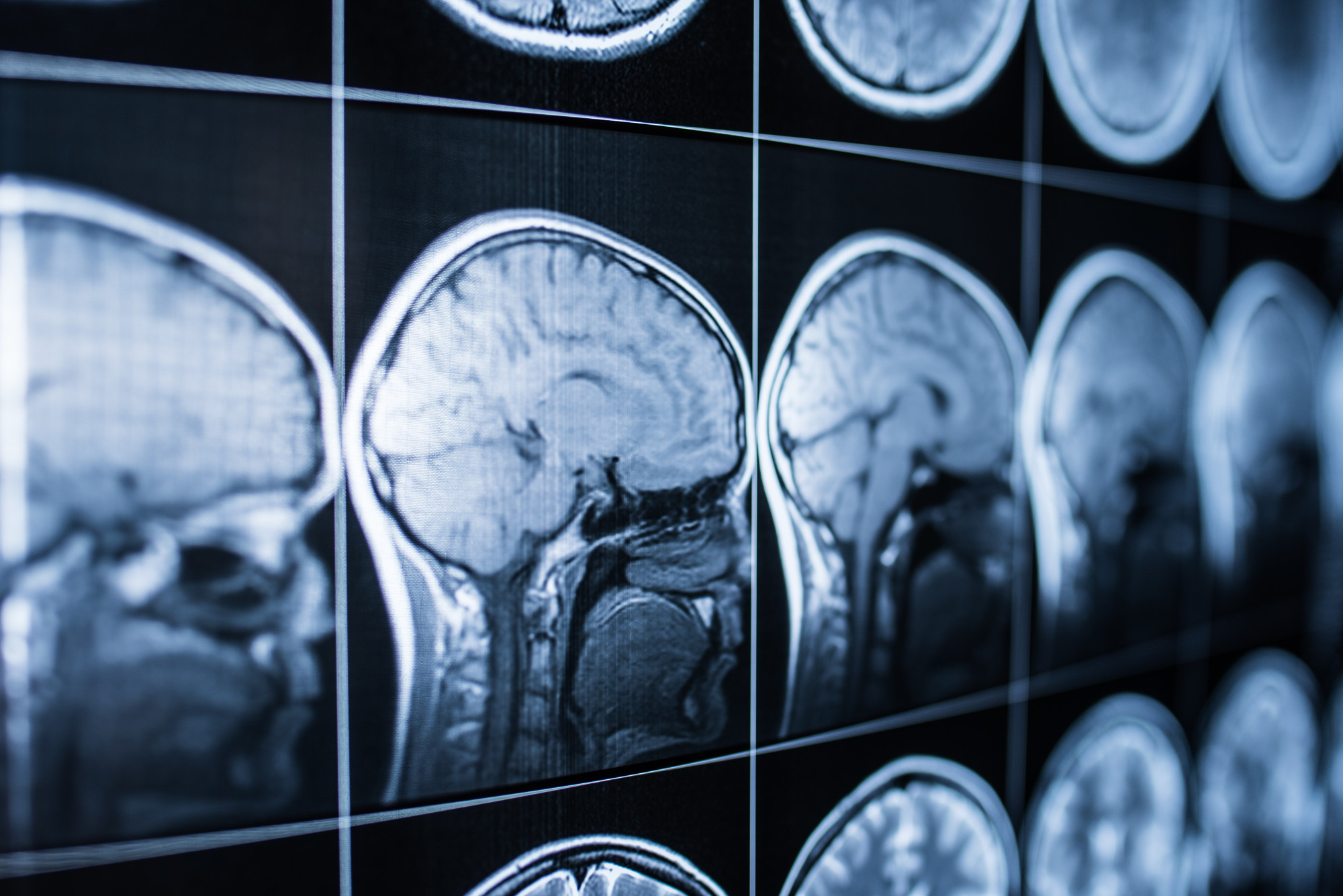Have you recently suffered an accident, fall, or blow to the head? If so, you’re likely feeling the effects now.
While you might worry that you’ve got a brain contusion or concussion, there isn’t always a clear distinction between the two, and both, especially at the beginning, can seem very similar.
So how can you tell the difference? Read on, and we’ll take you through the differences between a brain contusion and a concussion and what to expect.
What Is Brain Contusion and Concussion?
A concussion is a type of brain injury that occurs when the brain is jolted or shaken inside the skull, causing temporary impairment of brain function. The injury can be caused by a direct blow to the head or body, a fall, or a sudden head deceleration, such as in a car accident.
On the other hand, a brain contusion is a type of injury that occurs when the brain tissue is bruised, usually due to a direct impact on the head. The bruising can cause bleeding and swelling, leading to further brain damage.
Severity
Concussions are generally considered milder injuries than brain contusions, although the severity of a concussion can vary. A concussion may cause headaches, dizziness, nausea, confusion, and memory problems. These symptoms usually resolve within a few days to a few weeks, although in some cases, they may persist for months.
On the other hand, brain contusions can range from mild to severe, depending on the extent of the damage. In severe cases, brain contusions can cause seizures, loss of consciousness, and paralysis.
Symptoms
The symptoms of concussion and brain contusion can overlap, but some differences exist. Concussion symptoms typically include headache, dizziness, confusion, nausea, vomiting, and sensitivity to light and noise. Sometimes, a person with a concussion may also experience memory problems, difficulty concentrating, and irritability.
On the other hand, brain contusions can cause more severe symptoms, such as seizures, loss of consciousness, and paralysis. The symptoms of a brain contusion can also be delayed, sometimes appearing hours or even days after the injury.
Diagnosis
Diagnosing concussion and brain contusion is usually based on a physical examination and medical history. Both brain contusions and concussions can be diagnosed through physical examinations and imaging tests such as CT scans and MRIs.
This TBI guide can be a helpful resource for understanding the diagnostic process and what to expect during imaging tests.
Treatment
The best way to treat a concussion or a bruised brain depends on how bad the brain bruise is. Most of the time, the best way to treat a concussion is to let the person rest and monitor their symptoms. Headaches can be treated with painkillers you can buy over the counter.
In more serious cases, the person may need to stay in the hospital and take medicine to stop seizures or reduce swelling in the brain. Some people with a brain contusion may need surgery, especially if they have a lot of bleeding or swelling in their brains.
Knowing the Difference Between Brain Contusion and Concussion
Brain contusion and concussion are both serious injuries. A direct hit to the head causes a brain contusion and is usually accompanied by other symptoms such as headaches, memory loss, and confusion.
Concussions are caused by a forceful bump or jolt to the head and can cause other symptoms. To ensure you receive proper treatment for either head injury, it is important to take all head injuries seriously and seek medical attention when necessary.
If you found this helpful, be sure to check out our blog for more informative resources.









